When preparing for an event such as a cycle sportive you will want to ask yourself the following questions;
- What is your goal?
- Are you aiming to complete the route you have entered?
- Are you aiming to go faster than you did last year?
No matter what your outcome goal, during the training and completion of the sportive you will want to;
- Optimise your health.
- Enhance your performance.
- Avoid bonking (hitting the wall)
INDIVIDUALISED PLAN
An individualised nutrition plan can help you achieve all of these goals. Generic themes are listed below. For more specific advice, book a free discovery call.
TOP TIPS
- Have a plan
- The plan should be specific to your individual needs and aims for the ride. It should relate to your level of fitness, experience, planned events after the ride, lifestyle, other activities, food sensitivities/likes/dislikes, age, height and weight.
- The plan should cover training as well as ‘ride’ day.
- The plan should include daily dietary requirements as well as pre-, during, and post-training / ride nutrition.
- The plan must include hydration.
- Practise the plan in training
- Try, tweak, and try again.
- Don’t try anything new on ‘ride’ day.
- Have a contingency plan that will cover any potential problems;
- Cramp
- GI Issues
- Flavour fatigue
- Delays


- Estimate the amount of time you are going to be out on the ride
- Consider the distance you are due to cover.
- Consider the average pace you are likely to move at. Dont forget about the incline!
- Calculate the amount of riding time and then add on some additional time for stops.
- How many meals and snacks on a usual day will you be missing?
- How many calories do you think you will burn whilst cycling?
- Where are the food stops and how many are there on the route?
- What food will be provided?
- Don’t forget about hydration
- You may be able to refill bottles at feed stops or there may be shops on route you could use as an emergency.
- The day before
- Lunch – Have a good lunch that includes sufficient carbohydrates and a portion of protein. An example may be some salmon, rice, and salad.
- Your body may find it easier to digest a large meal before the nerves start kicking in.
- Afternoon – consume 500ml of sports drink including carbohydrates and electrolytes.
- Evening meal – aim to have the evening meal a good few hours before bedtime. The evening meal should include;
- Carbohydrates e.g. pasta/rice/potatoes. Protein e.g. bolognese/fish/chicken. Side dish;
- Vegetables or salad – Do not consume vegetables or salad in large quantities. Consider a similar portion size to usual and avoid high-fibre foods such as beans and legumes.
- Garlic bread for some extra carbohydrate.
- Desert e.g. fruit crumble and custard.
- Carbohydrates e.g. pasta/rice/potatoes. Protein e.g. bolognese/fish/chicken. Side dish;
- Continue to hydrate with water.
- Avoid alcohol 24-48 hours before the ride.

- The morning of the ride
- Breakfast – 2 hours before the start, to include;
- Carbohydrate & protein – e.g. porridge with banana, nuts, and honey; peanut butter on toast, bacon butty.
- Coffee / Tea
- 500ml sports drink with electrolytes.
- Pre-ride snack 30 minutes before the start.
- E.g. Soreen, jam sandwich.
- Breakfast – 2 hours before the start, to include;

- During the ride
- Aim to consume something every 30 mins. To help avoid bonking, you are better off keeping on top of energy intake rather than trying to play catch up. This could include snacks you take with you and what is available at feed stations;
- Sweets, cheese/marmite/ham sandwiches, Mini Cheddars, Flap jacks, cereal bars, crisps, Soreen, hot cross bun, gels, energy drinks.
- Maintain hydration by drinking to thirst and being mindful of the amount you consume.
- Consider adding some electrolytes to one of your water bottles.
- If you are having a longer stop at a feed station, take your time to fuel up with a some lunch and refill water bottles
- Aim to consume something every 30 mins. To help avoid bonking, you are better off keeping on top of energy intake rather than trying to play catch up. This could include snacks you take with you and what is available at feed stations;
- As soon as you finish
- Consume some carbohydrates and protein as soon as possible. This could include;
- Chocolate milk, cheese/ham sandwich.
- Continue to rehydrate, possibly with electrolytes.
- Consume some carbohydrates and protein as soon as possible. This could include;
- Within 3 hours of finishing
- For a post-race meal, I recommend you consume plenty of carbohydrates and protein to help the recovery process. Some examples include;
- Curry and rice, fish and chips.
- Continue to rehydrate, possibly with electrolytes.
- For a post-race meal, I recommend you consume plenty of carbohydrates and protein to help the recovery process. Some examples include;



